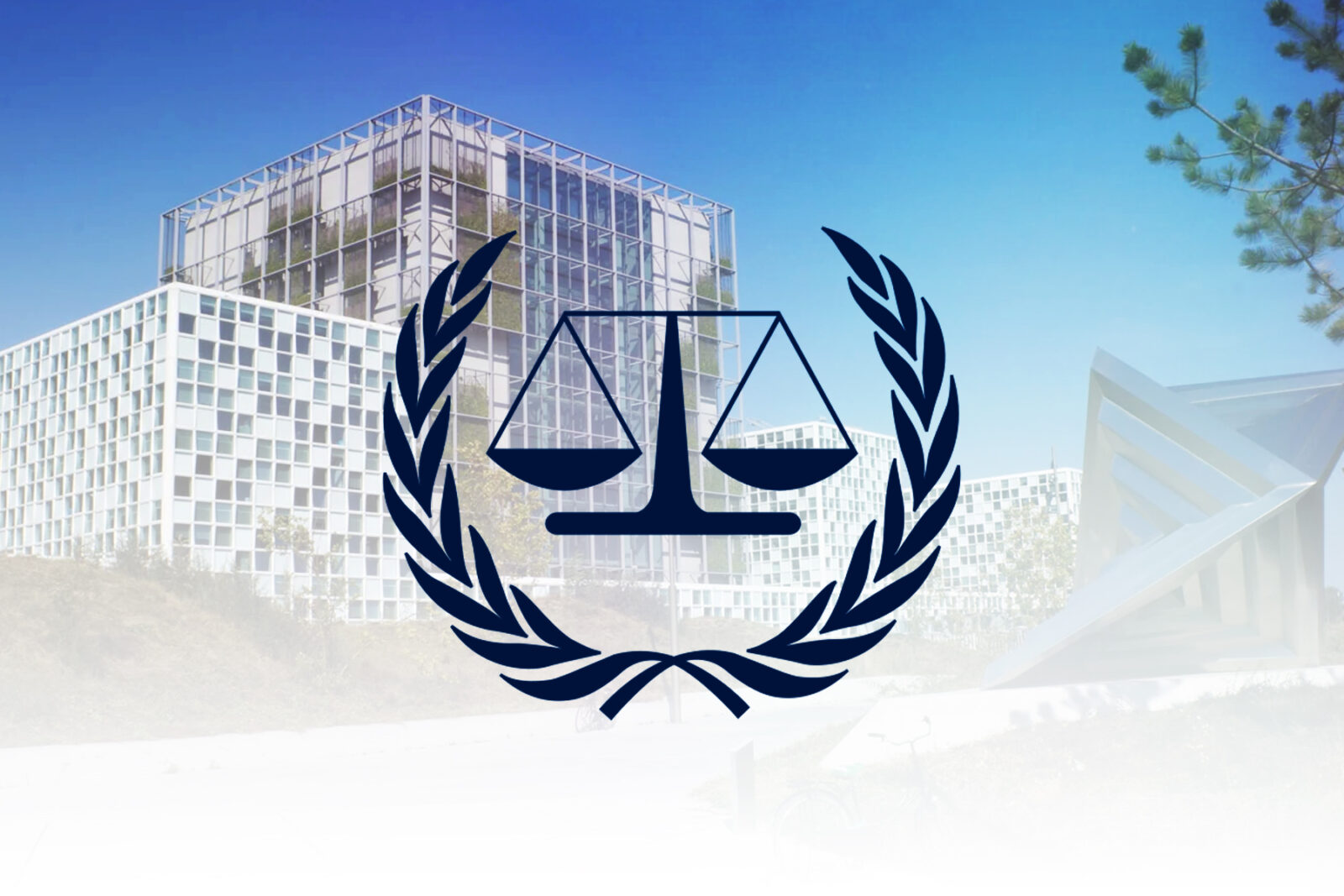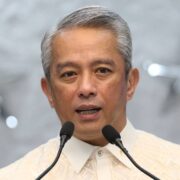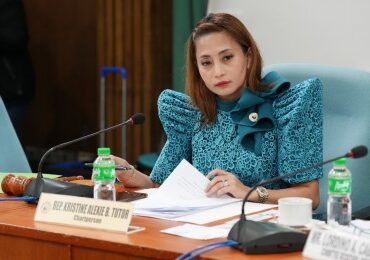ICC told: For witnesses’ sake, don’t let Du30 out

Why let former President Rodrigo Duterte out of detention when he has already become privy to the names of witnesses and documentary evidence pinning him down for the death of thousands in his war on drugs?
The Office of the Public Counsel for Victims (OPCV), the temporary legal representative of the drug war victims, raised this point as it registered its own opposition to Duterte’s application for interim release at the International Criminal Court (ICC).
The OPCV said granting him liberty would expose the victims and their families to danger just when some of them had mustered the courage to speak about the killings.
“The release of Mr. Duterte will not only be a great destabilizing factor to the volatile security situation in the country as a whole, but will pose a direct and significant danger to the victims who have demonstrated courage in applying to participate in the present proceedings… despite the risks of being threatened or otherwise stigmati[z]ed,” the OPCV said in its 18-page response filed on June 25.
Disclosures to defense
The document was signed by principal counsel Paolina Massidda. The OPCV is an independent organ of the ICC that provides legal assistance to victims and to their lawyers working outside the tribunal.
It ensures the victims’ participation in various stages of the proceedings with their rights exercised.
It is separate from the Office of the Prosecutor (OTP), which earlier this week expressed its own objection to Duterte’s bid to be released.
According to the OPCV, the “only way” to ensure his appearance at the confirmation of charges hearing on Sept. 23 is to keep him in ICC detention.
The OPCV said the prosecution’s disclosure of its evidence was already in an “advanced stage,” which should be a factor to consider in weighing Duterte’s application.
The OTP has so far turned over at least seven sets of evidence to the defense, the last made public but with redactions on June 4, as part of pretrial proceedings.
Still ‘very popular’
As more pieces of evidence are received by the defense, including the identity of witnesses, the more likely that Duterte would “obstruct to endanger the proceedings” once he’s released, the OPCV said.
“Mr. Duterte has already access to a large amount of evidence, including the identities of some of the prosecution’s witnesses, which poses a risk for the security and well-being of said individuals,” it noted.
Duterte, through his family and staunch supporters, could go after the witnesses, as he remained “very popular.” Despite his detention at The Hague, the ex-president was elected mayor of his bailiwick Davao City in the recent May elections.
Three of his children—Vice President Sara Duterte, incoming Davao City Vice Mayor Sebastian Duterte, and reelected Rep. Paolo Duterte —also have “undeniable continued influence” and “strong supporters,” the OPCV added.
“These factors, in the principal counsel’s view, make it more likely that the suspect might abscond if released, even with conditions,” it said.

















